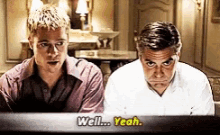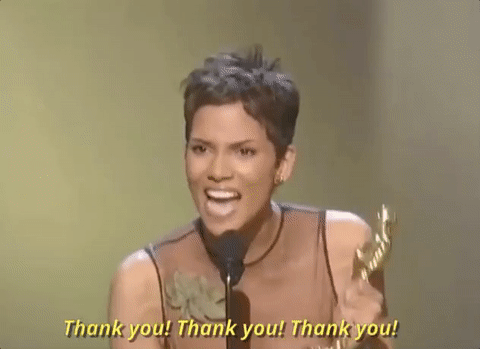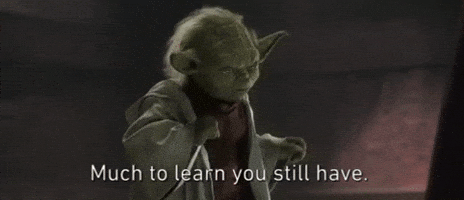6 Questions with Mickey Fisher
Join Mickey + friends for a special Q&A this Sunday!
A very special live Zoom Q&A coming up this Sunday, August 25, 1-3pm PT, for all of you paid subscribers. This Q&A is part of the workshops I’ve been running for the past couple of months, so the writers participating in the Idea to Draft workshop and the Rewrite workshop will be joining you all. It’s going to be a good one.
The link for paid subscribers is below, after the paywall.
In the second hour, from 2-3pm PT, we’re focusing solely on the business of television. Answering your Qs will be two terrific writers: our friend Marc Bernardin returns. Marc was a journalist who properly broke into television in 2018 and has since worked on all of the cool shows, including Castle Rock, Treadstone, Star Trek: Picard, Batman: The Caped Crusader, and more, including the upcoming Eyes of Wakanda series. He’s also the co-host with Kevin Smith of the Fatman Beyond podcast.
For that hour, we’re also joined by Elena Perez, who entered the business only two years ago after a career in tech/marketing. She worked for two seasons on Chicago PD, and is now developing, pitching, working toward her next gig (as we all are). I think Elena will have some really valuable insights as someone who broke in post-pandemic, mid-everything falling apart.
In the first hour, from 1-2pm PT, our focus will be on the craft of writing television. Sharing what they’ve learned and their best practices are two of my favorite writers and humans. Taylor Cox is a comedy writer who has worked on all kinds of shows, from network comedies like Girls 5Eva and Single Parents to network comedies like Miracle Workers to YA shows like Just Add Magic to kids’ shows like Polly Pocket and Kung Fu Panda. Taylor is the co-executive producer of the upcoming Comedy Central animated show Golden Axe, based on the old Sega video game.
Joining Taylor in that hour will be my friend Mickey Fisher, creator of Extant and Reverie. Mickey is not just one of the best writers I know, but he’s one of the best on communicating about craft, frequently in the form of his terrific newsletter, The Extant Storytech R&D Report, but sometimes just over slices of pizza. To me. Because I need all of the help I can get.
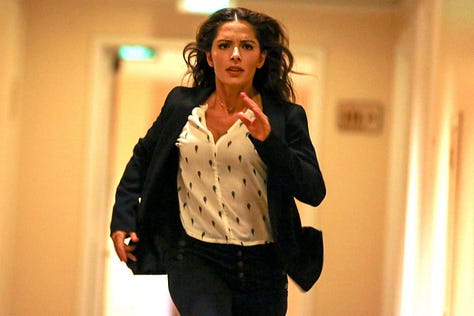
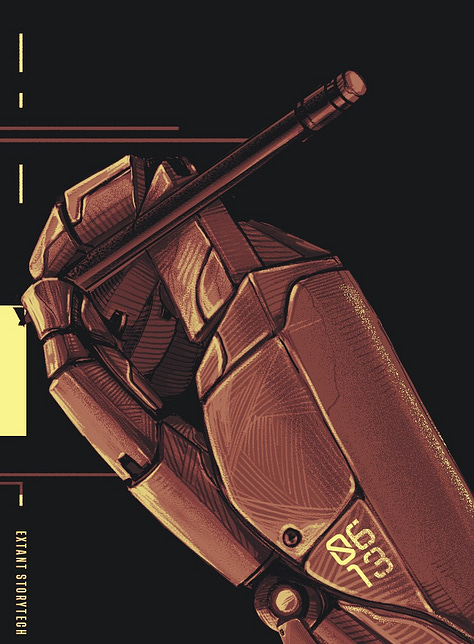

It’s true. I bother Mickey with every script I write, because his feedback is so valuable. He has an incredible mind for story and characters, and getting notes from him is a pleasure because he genuinely wants you to succeed.
He’s also terrific on the page, which I can attest to personally, having read his novel (for which he’s currently seeking a publisher; any publishers out there? It’s really good!), and having tricked enticed him into writing some Thrilling Adventure Hour episodes for us.
That Mickey has the goods has been evident since he broke in as a full grown adult person around 2012. An Ohio native with no industry contacts, Mickey describes submitting the Extant spec script to screenwriting contests as a “hail Mary.” Readers responded. “It finally paid off and it got me in. And it not only got me through the door, but it also got the script through in a way that it stayed fairly intact.”
That’s not luck. That’s talent and perseverence. Also, he’s a nice mid-western guy! He was kept in the process of developing the show not just because his ideas are strong, but because he’s a good collaborator.
He talks a bit more about his early days here. In addition to the two shows he created, Mickey has worked on NatGeo’s Mars, The Strain, Tom Clancy’s Jack Ryan, and others, and developed a number of other shows.
You don’t want to miss Sunday’s Q&A!
6 Questions with Mickey Fisher
1. What you working on right now?
I’m on the third act of a new feature spec called Stoke, a sort of throwback to the Elmore Leonard/Carl Hiassen crime stories that I loved as a twenty-something. There’s a heist element but it’s not exactly a heist story, there’s some action, plenty of humor, and (hopefully) an ensemble of memorable characters.
2. What challenges are you facing specific to your current writing project?
There are a few key challenges to the current project.
One, because there is a heist element, it comes with certain genre expectations. I’m trying to be a little more grounded in how I approach that element because it would be easy to think, “Oh, that’s the thing that people are going to be into.” I fell into this trap when I was thinking about where a stash of money might be hidden and basically started googling “cool places to break into.” But that’s not the point of the story. I stepped back and approached it from a character standpoint — knowing what I know about the guy who hid the money, where would he put it? I don’t love Oceans 11 because it’s a cool casino heist. I love it because of the characters.
One of the other challenges is that I’m doing this rolling-outline style of writing where I brainstorm the next few scenes, write those scenes as fully as I can, then spend a few days brainstorming the next sequence or two. I feel like this keeps me in the emotional point of view of the characters. Since I basically have the same information they have I have to think like them and how they would solve the next problem. One of my current gut checks is, “They don’t know they’re in this movie.”
3. What advice about the business of TV/film writing can you give to someone starting out now?
The past five years have felt like one long disruption, from the agency split, to the pandemic, to the strike, now this period of contraction. I think, now more than ever, it pays to diversify your mediums. I finished a novel during the strike and hopefully we’re going to take it out to publishers after Labor Day. It started from a desire to find an end run around the problem of having to base every film/tv project on IP. “Fine, I’ll create my own.” Pursuing that led to growth as a writer. I’m working on a project outside of tv/film right now that is allowing me to use my character and narrative skills in a different way.
Now, Mickey goes on break the fourth wall and address me, personally. Like he knows he’s in the movie!
I think you’re a perfect example of this. You’ve got Thrilling Adventure Hour, you’ve written comics and graphic novels. Other friends have launched narrative fiction podcasts, or written short stories. All of those things will make you a more well rounded writer and provide other pathways to creative (and if you’re lucky, financial) freedom.
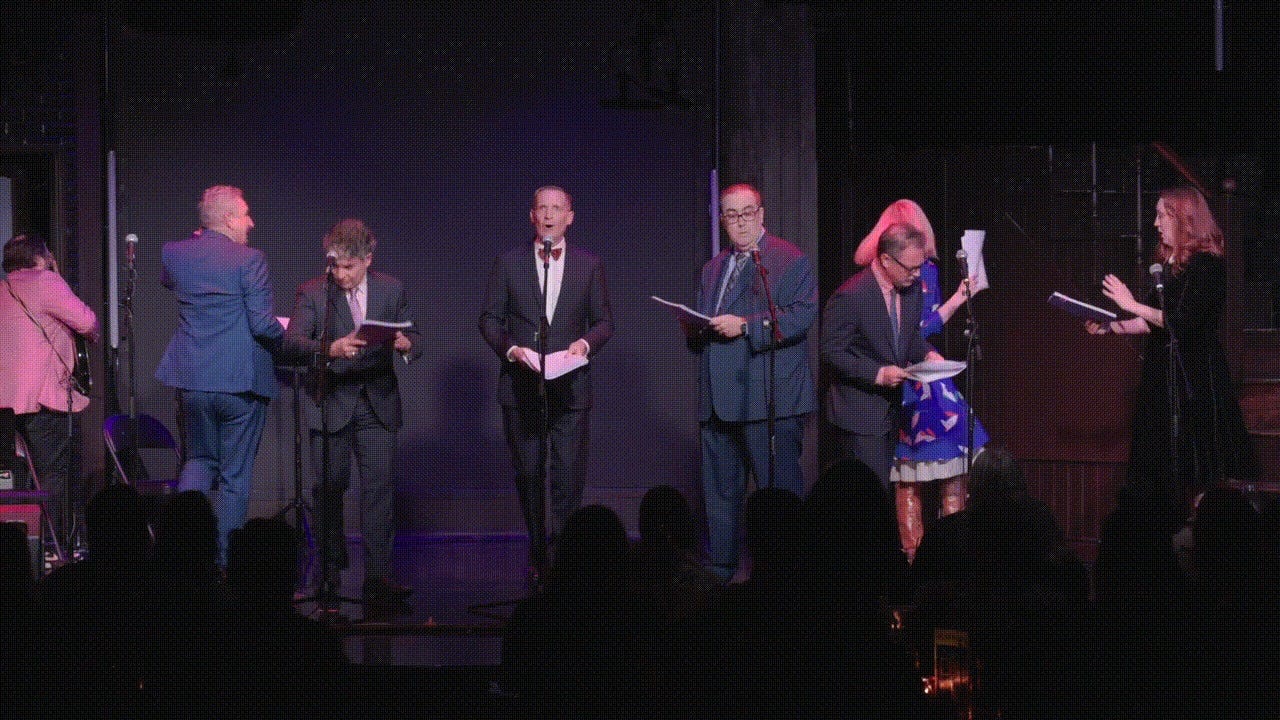
4. What advice about the craft of writing can you give to someone starting out?
One simple tool I come back to over and over again is something I didn’t learn until I was in my late thirties, when (his partner) Julie was studying Stanislavsky in grad school. One of Stanislavsky’s tools for actors is called “appraisal.” At the most simplistic level, an event happens in a scene, the actor performs an appraisal of that event, and there’s a change in attitude or direction going forward.
It’s a simple beginning, middle, and end, but it’s like a fractal. You can zoom out to your entire story and see it, you can zoom in to an act, a sequence, a scene, or a beat in a scene, and see it.
Being aware of that can clearly help you tell the story and make sure you don’t skip the appraisal part, which is essentially emotional POV, or how a character feels about a certain event. If a reader is missing something or they find your character’s arc confusing, it often comes down to that missing piece. We miss the beat, or scene, where a character takes in new information, we see it impact them, then we see it lead to a new course of action in the next beat or scene.
5. What do you respond to most in a piece of writing?
I respond to all of the usual things, like voice, or a command of structure. But I think the thing that really gets me excited is when somebody takes me into a world or introduces me to a character I haven’t seen before, or there’s a moment that is so surprising and unique that I know it could only have come from them.
I think you only get to those moments if you’re drawing from your own personal obsessions and interests, the more niche, the better. If you don’t have any of those, it might be good to cultivate some, like the people in medieval garb playing with broad swords in the park. There’s a whole secret world there!
6. What are you watching/reading/listening to lately that’s getting you excited or inspired?
Because of Stoke, I’m working my way through a lot of classic crime films and some of my favorite crime fiction of the 90’s. I rewatched all the Oceans movies, Jackie Brown, Out of Sight, Get Shorty, and going further back, to The Getaway, The Outfit, The Friends of Eddie Coyle. I even pulled up a couple of old British crime thrillers that I heard Edgar Wright and Quentin Tarantino talking about a few years ago, League of Gentlemen and Strongroom.
I do this a lot, where I’ll watch things that are relevant to the work in progress. I picked that habit up years ago when I read about D’Angelo and Questlove doing “Yoda sessions” over their dinner breaks in the studio while making Voodoo. They’d put on videos of James Brown and Prince and just study them like an athlete would study game film.
You’re going to walk away from our special, bonus-sized Zoom Q&A on Sunday inspired and enlightened! Link below the paywall.
Keep reading with a 7-day free trial
Subscribe to Re:Writing to keep reading this post and get 7 days of free access to the full post archives.

